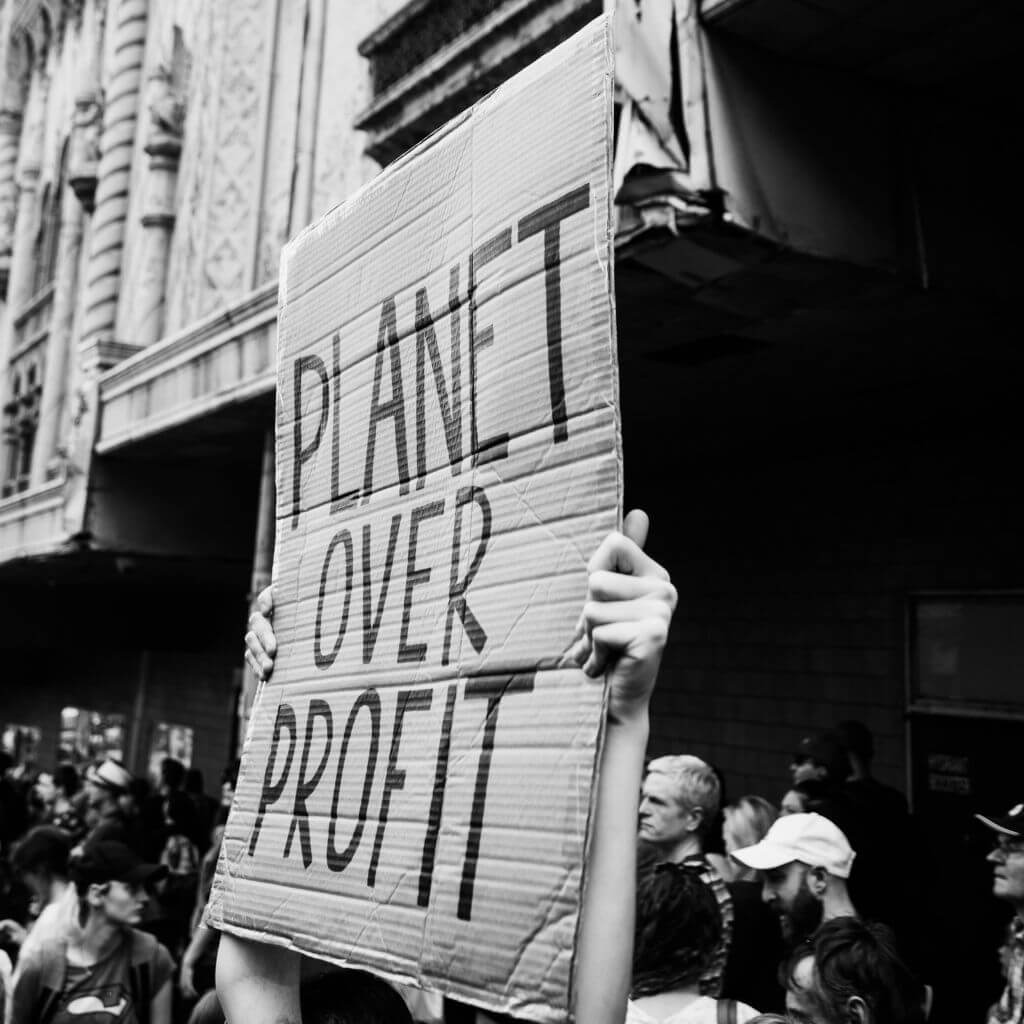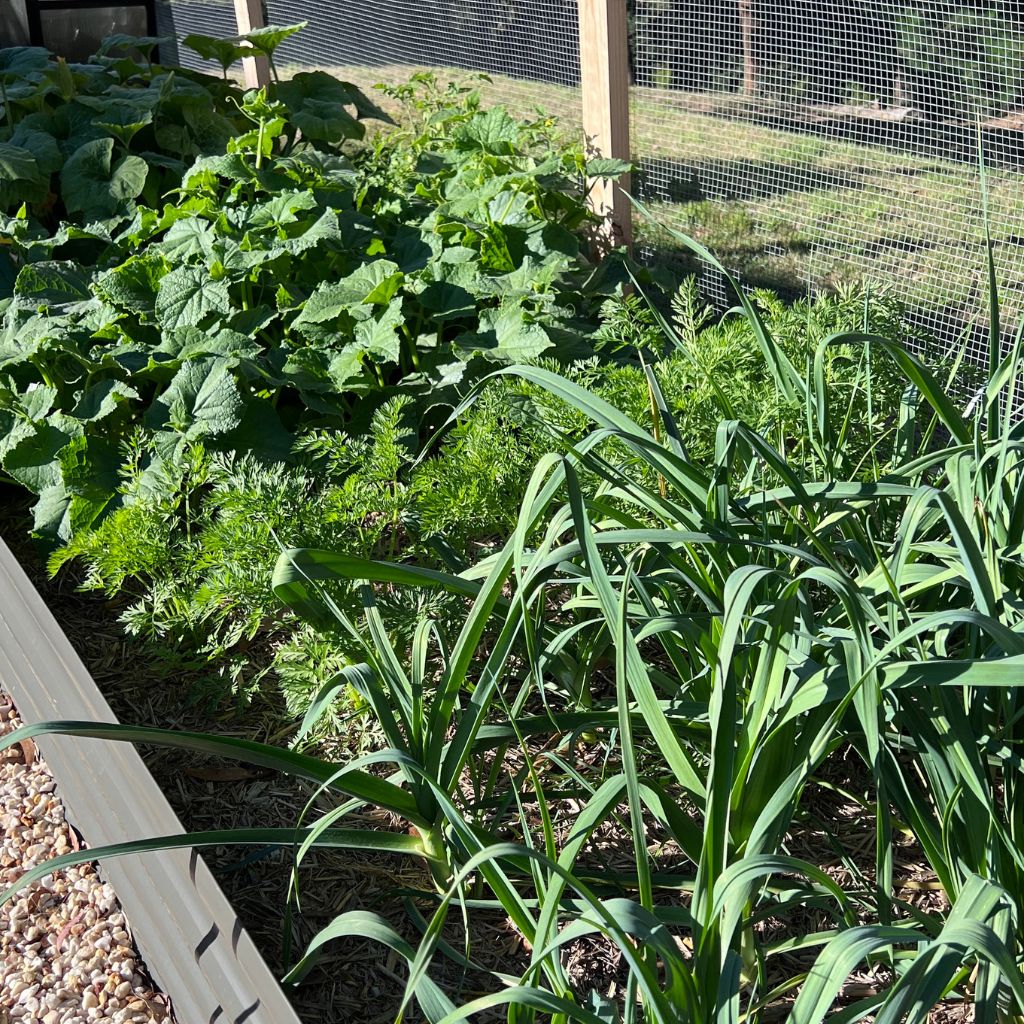
Climate change is one of the most urgent issues facing humanity today. As global temperatures rise, ice sheets melt, and extreme global weather events become more common, many wonder if there is still time to avoid catastrophic climate disruption. Let’s look at the key challenges to addressing climate change, explore potential solutions, and consider whether it's still possible to reverse course.
The Climate Crisis Is Getting Worse
We're already seeing the impacts of climate change worldwide, and they're only getting worse. Longer, more intense heatwaves are hitting places like Europe, China, and the US, causing deaths and health issues. Severe wildfires have raged across Australia, the US West, and Siberia, fuelled by hotter, drier conditions. Islands and coastal cities are dealing with increased flooding as sea levels rise. Powerful hurricanes are becoming more destructive.
These are all clear signs that the climate is profoundly changing, and the consequences stretch across the globe. Every continent is affected. Scientists warn we're getting dangerously close to tipping points, where impacts will spiral out of control.
If we don't sharply cut greenhouse gas emissions very soon, we could push Earth's climate past a point of no return into permanent, devastating shifts. We're already seeing early signs of this and we're running out of time to act. The worst impacts - like entire cities vanishing under rising seas - can still be avoided, but the window to prevent catastrophe is closing. That's why scientists urge immediate, sweeping action worldwide to reduce emissions and try to pull us back from the brink.
How do we progress?
To tackle climate change, we'll need huge transformations in our energy, transit, food systems and more. But there are some big obstacles in the way of the large-scale changes we need.
The fossil fuel industry has enormous political power and spends millions lobbying against climate action that could hurt their profits. They work hard to block things like carbon pricing, clean energy policies, and electric vehicle incentives.
Short-term economic worries also often overshadow longer-term climate threats. Politicians avoid climate policies that could slow growth or disrupt industries, even if inaction will hurt the economy more later.
Additionally, shifting day-to-day habits and behaviours is difficult, even if we know it's better for the planet. Whether it's driving less, flying less, or eating more plant-based foods, change isn't easy.
Breaking through barriers like these will take teamwork across governments, businesses, communities, and society. We need to stand up to powerful fossil fuel interests. We need the courage to prioritise our future over short-term gains. And we need to help each other create and embrace the lifestyle changes we know are needed to secure a liveable climate.
It won't be easy, but coming together to overcome these obstacles is key to building a thriving zero carbon world.
Promising Solutions
While the scale of the problem is daunting, promising solutions are emerging. Clean energy sources like solar, wind and geothermal are now cost-competitive with fossil fuels. Reforestation and soil carbon sequestration could help draw down atmospheric CO2. And concepts like carbon taxes and renewable energy mandates could accelerate the transition to sustainability.
If we harness innovation and gather political momentum, we have the tools and policies to set a new direction.
The Need for Collective Action
To prevent the worst effects of climate change, we'll need teamwork on a massive scale - both globally and in our own communities. International deals like the Paris Agreement set out crucial goals to cut emissions. But each country must pass laws and policies that support those goals. And every one of us can help through our own actions too.
Voting for leaders who will tackle climate change makes a difference. Speaking up and protesting helps spread awareness. And cutting your personal carbon footprint by saving energy and ditching single-use plastics is important too.
If people worldwide work together, from world leaders down to ordinary citizens, we can build up enough pressure to get big changes made before it's too late. It's up to all of us to act and demand a liveable future.
Conclusion:
The climate situation keeps getting more urgent, but there's still hope if we act fast. Big fossil fuel companies and people's daily habits are tough to change, but new clean tech and nature-based solutions can set us on a better path.
With bold new policies, people coming together, and a focus on change, we can turn things around and build a healthy zero-emissions future. But we need quick, decisive action worldwide to get momentum and prevent climate tipping points that would spiral out of control.
The window to fix things is getting smaller, but it's not too late. If we seize this moment and start making big changes now, we can still make a difference. This is our chance to demand a liveable world for generations to come. But we must speak out and get moving right away!






